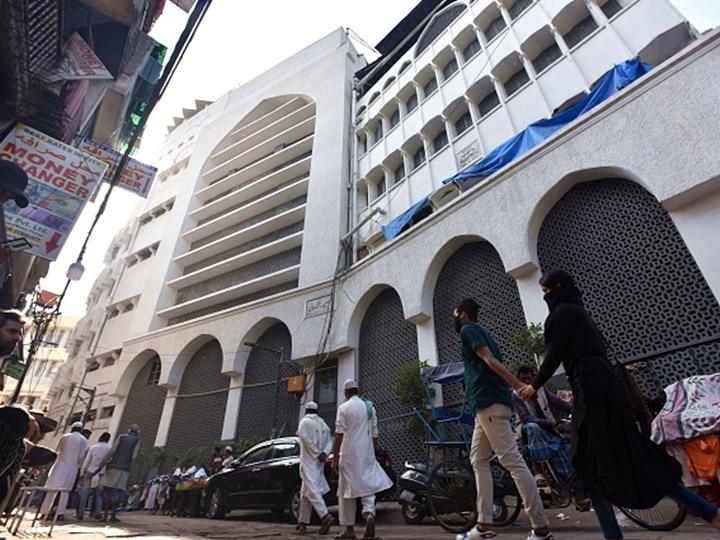New Delhi: The Delhi High Court on Monday allowed certain portions of Nizamuddin Markaz, where the Tablighi Jamaat congregation was held in March 2020 amid the COVID-19 pandemic and which has remained shut since then, to stay open till October 14.
Justice Jasmeet Singh, while dealing with a plea by the Delhi Waqf Board, extended the interim order passed last month on re-opening certain portions of the Markaz premises in view of Ramzan and the festival of Eid.
ALSO READ | Beant Singh Case: SC Asks Centre To Decide On Commutation Of Death Penalty To Balwant Rajoana In 2 Weeks
The Board had moved the court in 2021 seeking directions to reopen the premises on grounds that even after unlock-1 guidelines permitted religious places outside containment zones to be opened, the Markaz comprising the Masjid Bangle Wali (mosque), Madarsa Kashif-ul-Uloom, and attached hostel continues to be locked up.
On April 1, the court had allowed the mosque to be opened for the month of Ramzan while clarifying that no "Tablighi activities" and lectures can take place on the premises and only prayers can be offered.
"It is directed that for Ramadan, namaz and religious prayers shall be permitted to be offered on the ground floor and four floors at Masjid Bangle Wali. This arrangement is only for the one month of Ramzan culminating with Eid Ul Fitr," the court had ordered.
A direction was also passed for the installation of functional CCTV cameras at the entry, exit and stairs of each floor of the premises.
The permission was in continuation of an earlier order which imposed various conditions for the reopening of the premises on the occasion of Shab-e-Bharat in the month of March.
The court, while removing the 100-person limit at one floor had then said it has been agreed that the management of the mosque will ensure that COVID-19 protocols and social distancing will be followed while allowing devotees to enter the mosque to offer namaz.
The Central government, in its affidavit, has opposed fully re-opening the Nizamuddin Markaz and stated that only a few people may be allowed to offer prayers on certain religious occasions.
On April 15, 2021, the court had allowed 50 people to offer namaz five times a day at the Markaz during Ramzan.
In its affidavit affirmed by the Deputy Commissioner of Police, Crime, the Centre has told the court that it was “necessary and incumbent” to “preserve” the markaz property as the investigation in the case registered for violation of the COVID-19 protocols has “cross borders implications and involves nation's diplomatic relationship with other countries.” The Delhi Waqf Board, represented by lawyer Wajeeh Shafiq, has argued that the mosque, which is under the lock of Delhi Police, should be opened as the Delhi Disaster Management Authority (DDMA) has now lifted all restrictions that were imposed on account of the pandemic.
Several FIRs were registered under the Epidemic Diseases Act, the Disaster Management Act, the Foreigners Act and various provisions of the penal code in connection with the Tablighi Jamaat event held at the Nizamuddin Markaz and the subsequent stay of foreigners there during the COVID-19 lockdown in 2020.


